
Science, serendipity and a new era for schizophrenia treatment
Drug treatments for schizophrenia have barely changed in 70 years, but a mix of chance and ingenuity offers fresh hope
by Jeremy Hall

Drug treatments for schizophrenia have barely changed in 70 years, but a mix of chance and ingenuity offers fresh hope
by Jeremy Hall

Rather than being an enemy of empiricism, belief in what can’t be known is part of how we gain knowledge, even now
by Adam Kucharski

In an age of strong political commitments, a Nahuatl word encapsulates the freedom to let go of what has become oppressive
by Carlos Alberto Sánchez
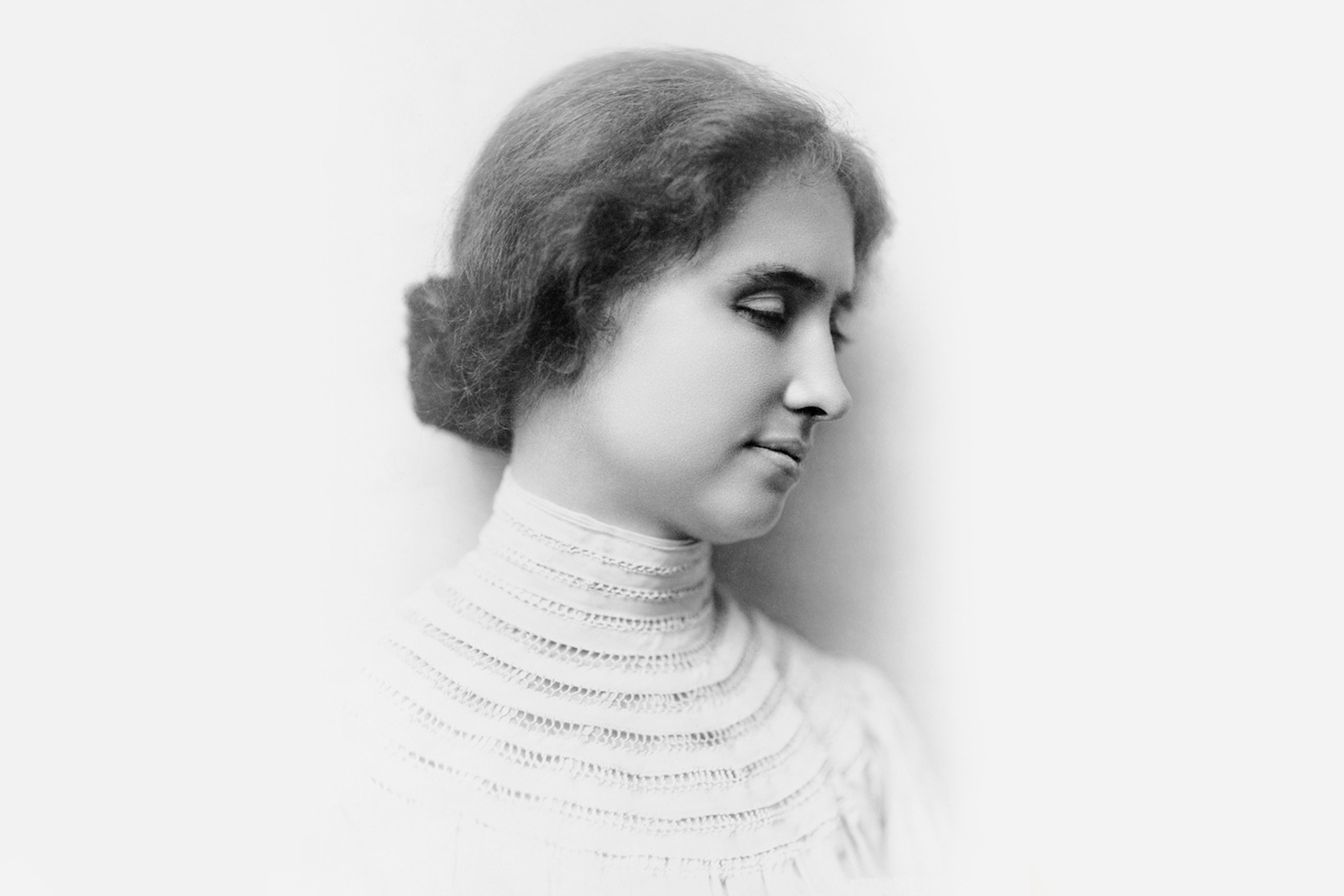
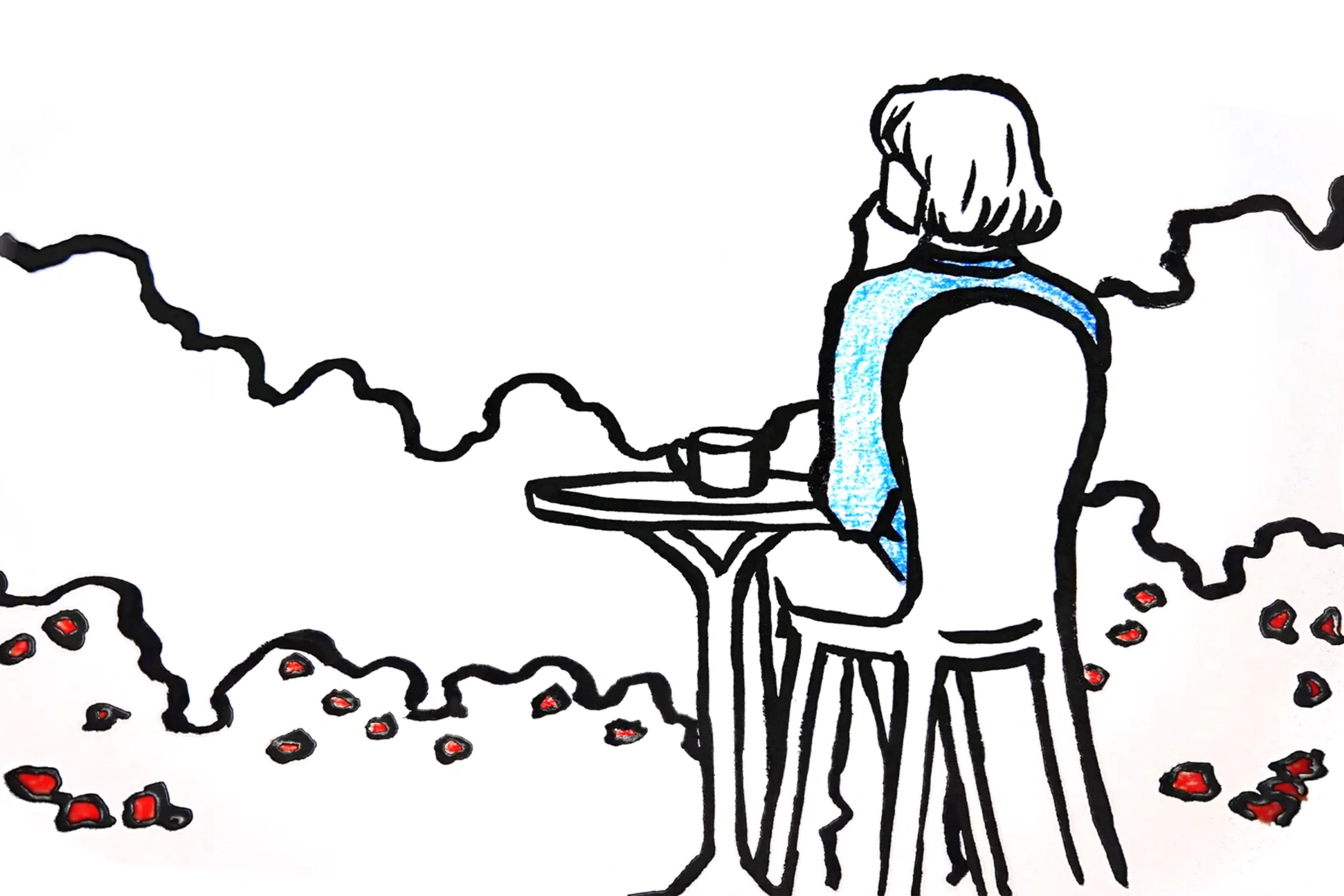
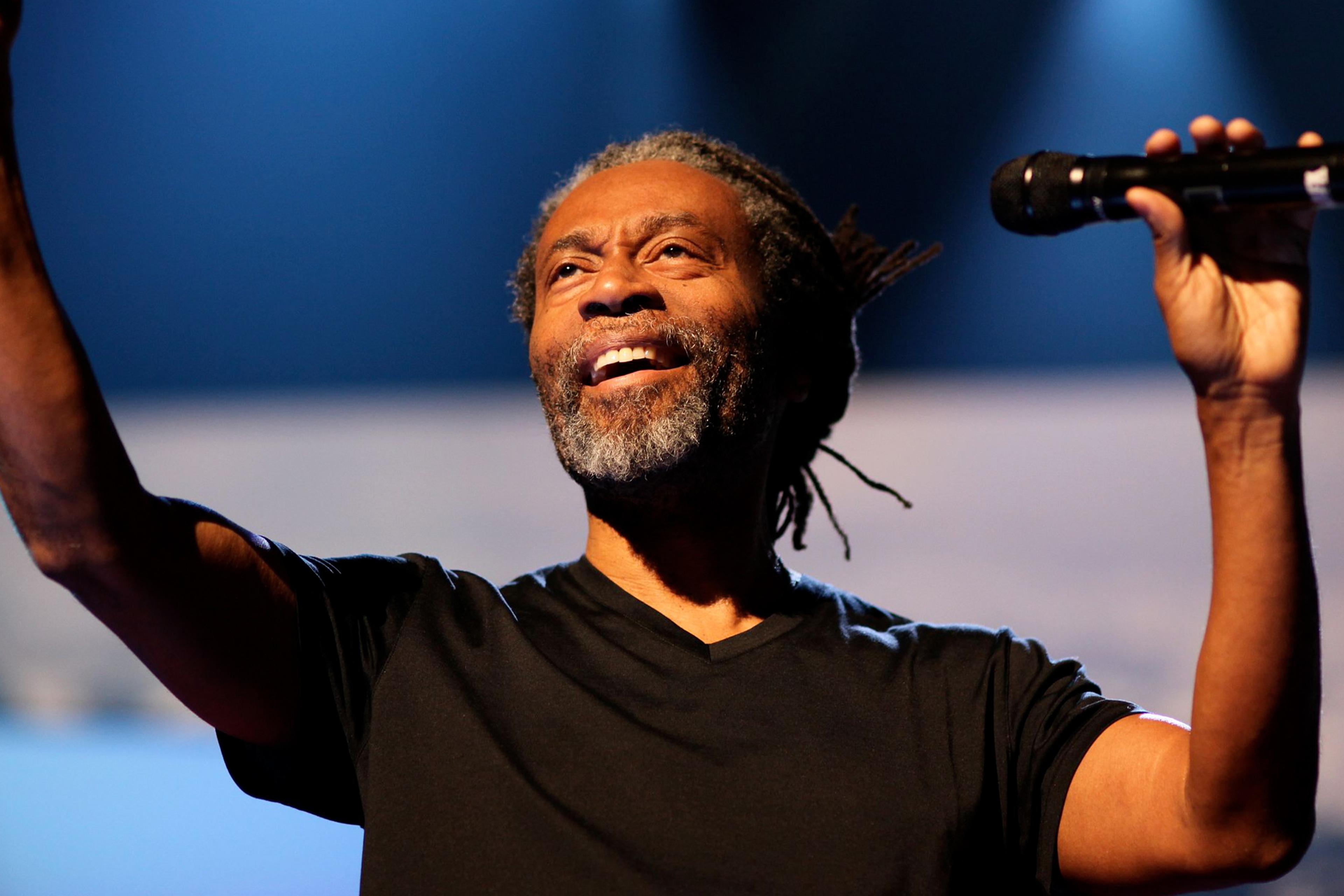
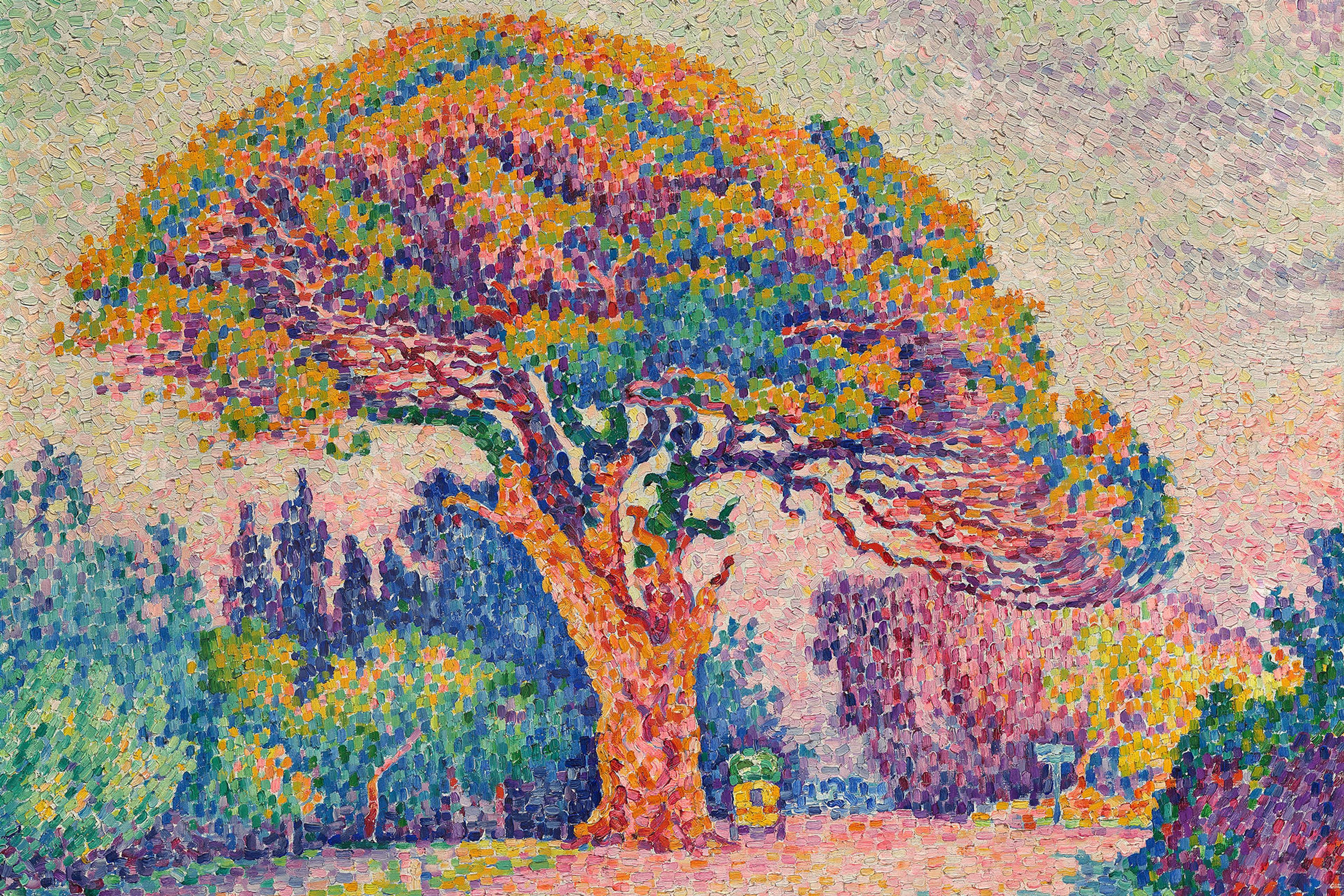
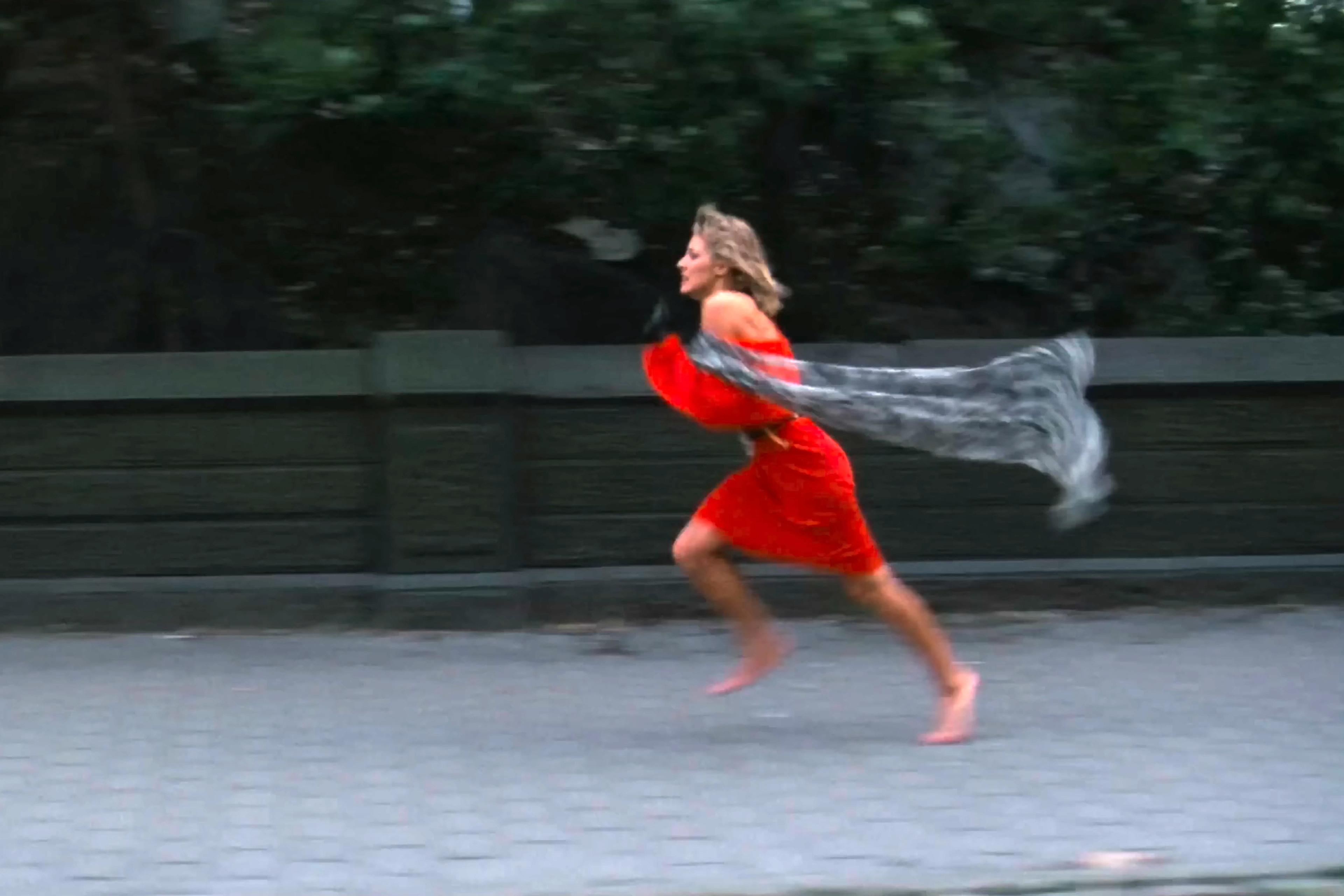

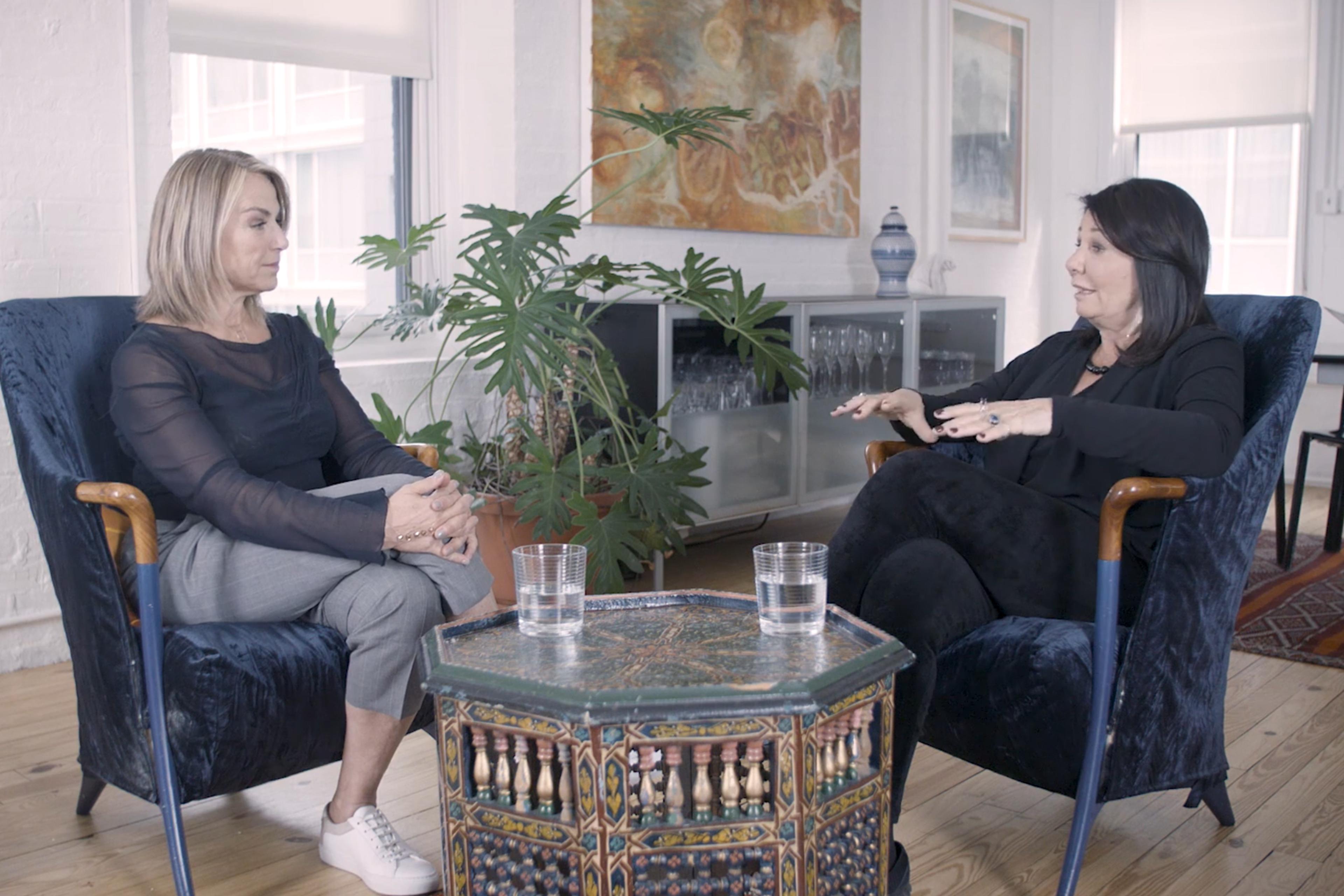
Popular

In the therapy room, I’ve seen how rethinking what we are – and what it means to ‘be dead’ – can lighten our fears
by Eric Jannazzo
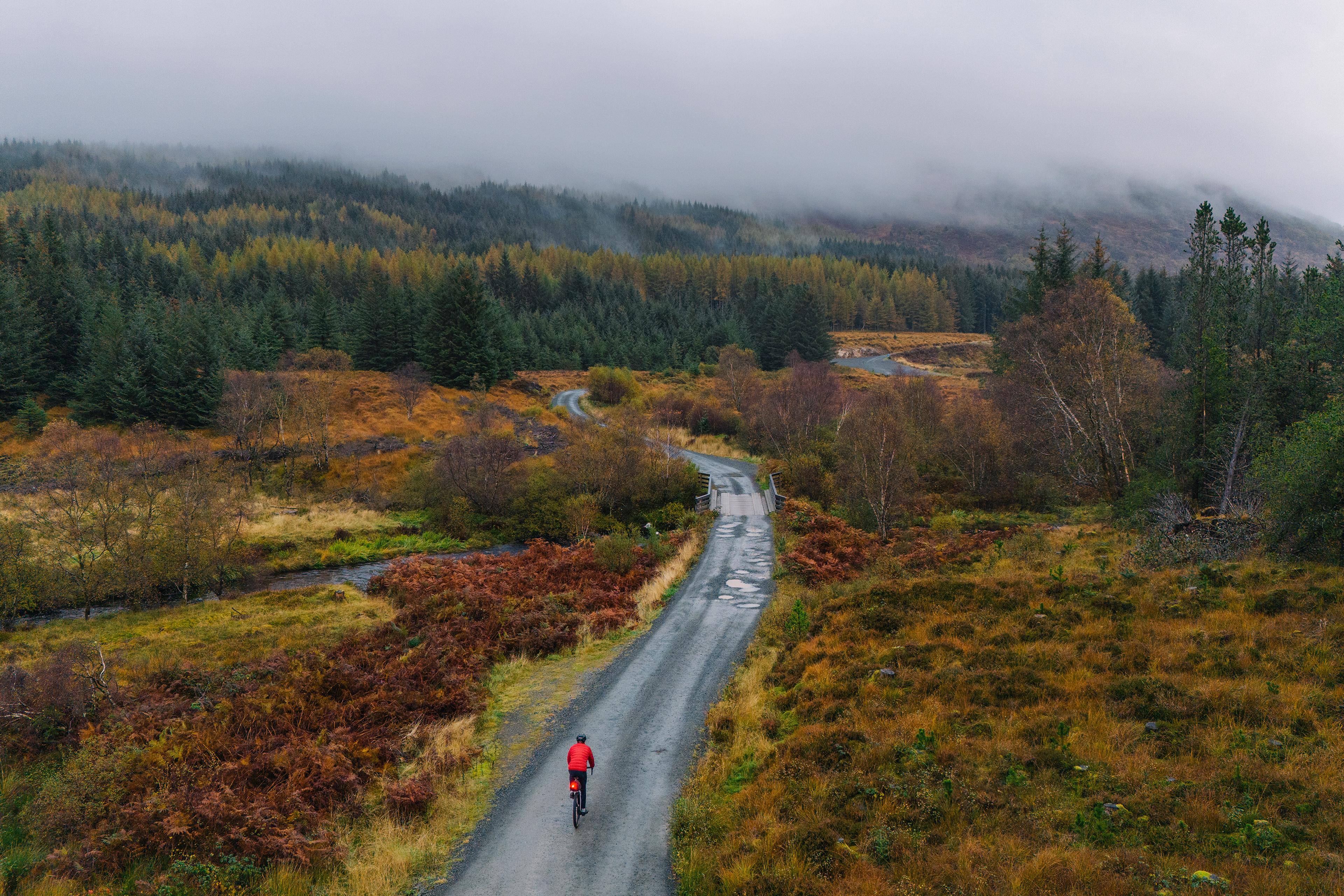
In my therapy office, I’ve found that to live with greater purpose, we must think differently about where it comes from
by Ross White

In the sensory and communal modes of healing that people have used throughout history, there is guidance for today
by Mariem El-Kady
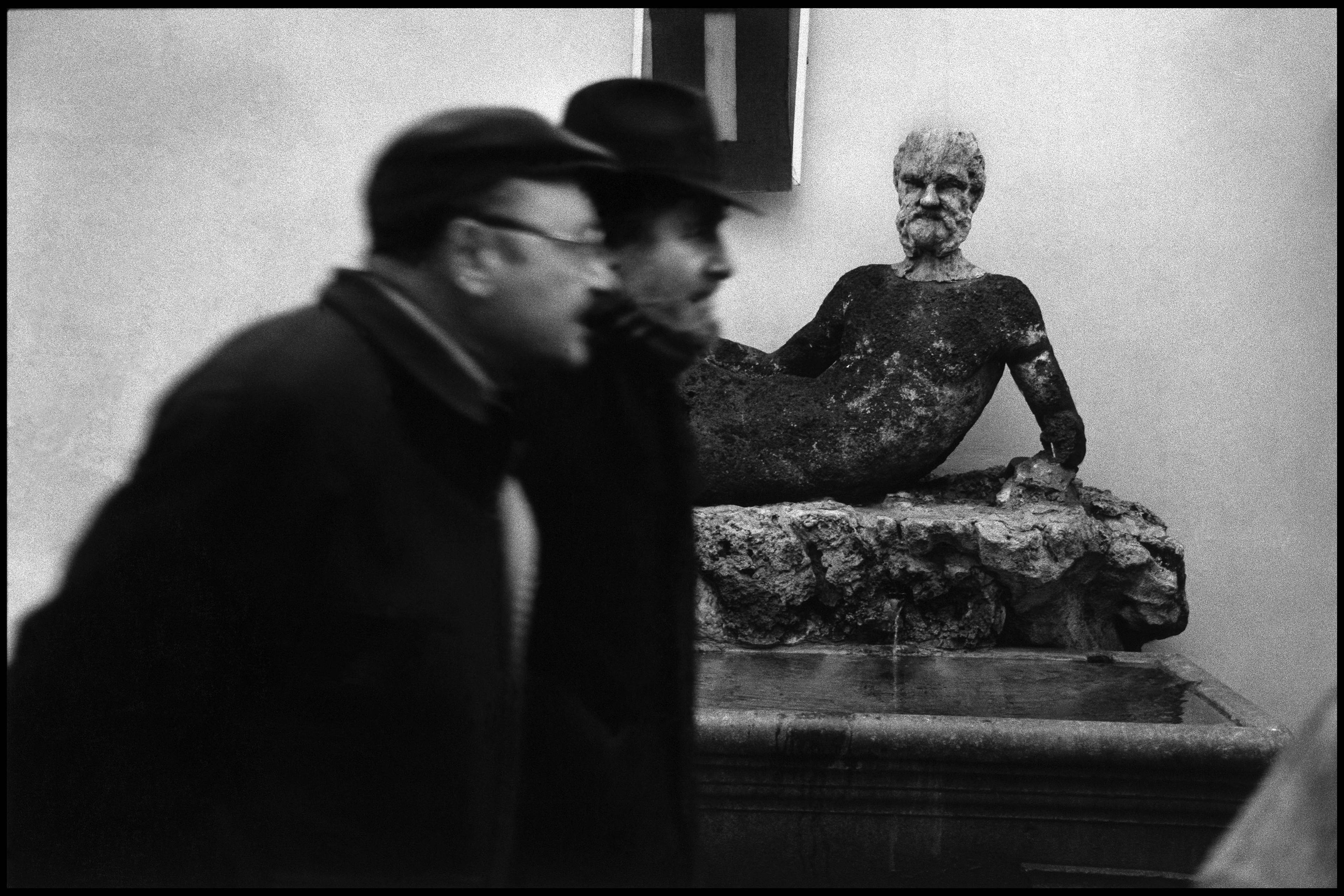
Many of us crave trivial details while ignoring much of the world around us. Research helps explain this selective curiosity
by Tommy Blanchard

The muscle metaphor based on ego-depletion theory hasn’t survived scrutiny. But there’s an alternative that holds promise
by Alberto De Luca


Contrary to classic habit science, certain behaviours never become easy. Recognising this can help you stick with them
by Blair Saunders & Kimberly R More

Scientists are uncovering the nature of an elusive mental experience that challenges what it means to be conscious
by Thomas Andrillon
Popular
View all
In the therapy room, I’ve seen how rethinking what we are – and what it means to ‘be dead’ – can lighten our fears
by Eric Jannazzo

In my therapy office, I’ve found that to live with greater purpose, we must think differently about where it comes from
by Ross White

In the sensory and communal modes of healing that people have used throughout history, there is guidance for today
by Mariem El-Kady

Seeing the ‘mind’ as extending beyond the head can help us better understand the nature of transcendent experiences
by Mohammadamin Saraei

Well-meaning campaigns urge openness and conversation about mental health struggles. But there are those who cherish silence
by Dan Degerman
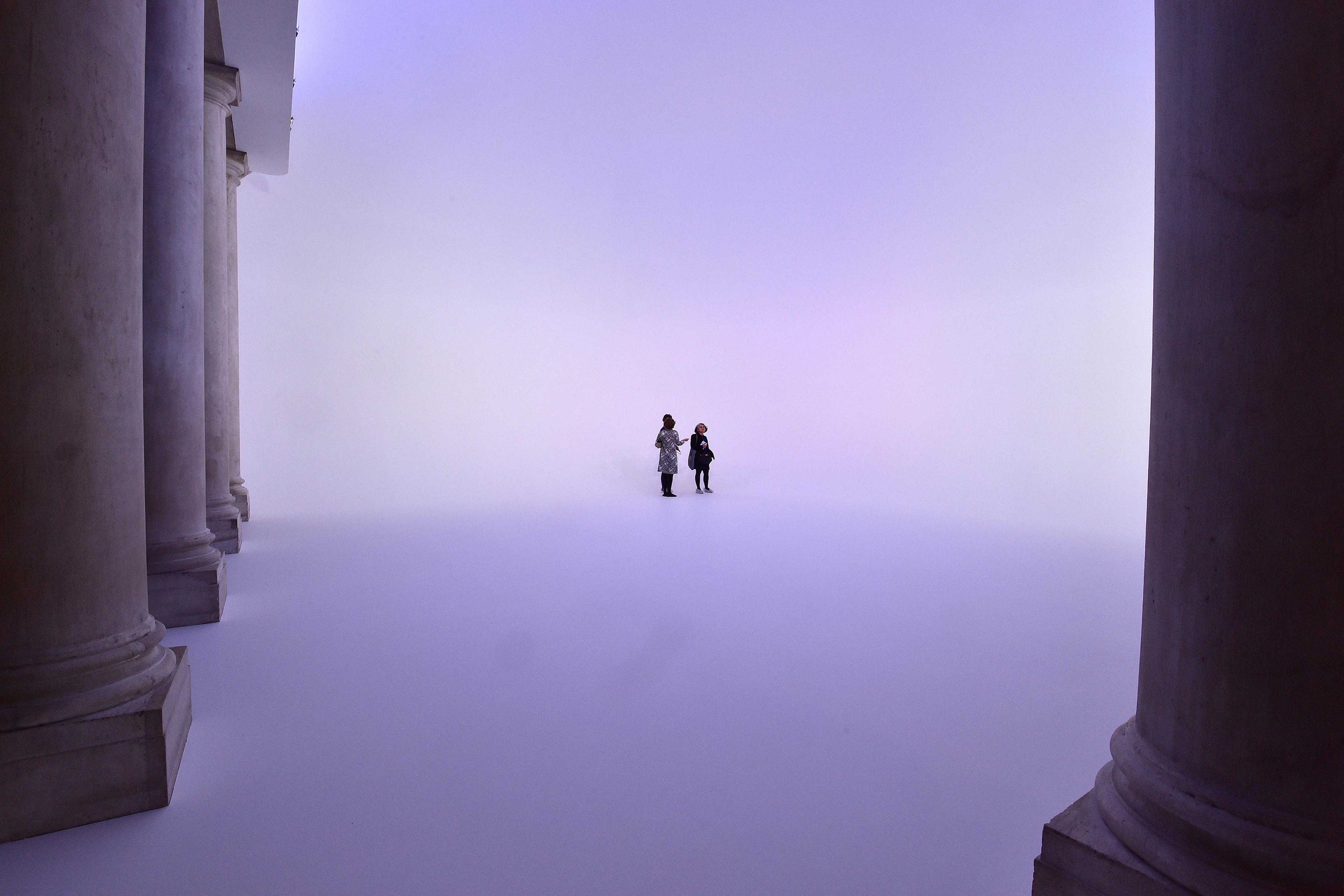
Stillness shouldn’t be something you only find in nature. Well-designed urban spaces can be good for the nervous system, too
by Zsanett Ritli
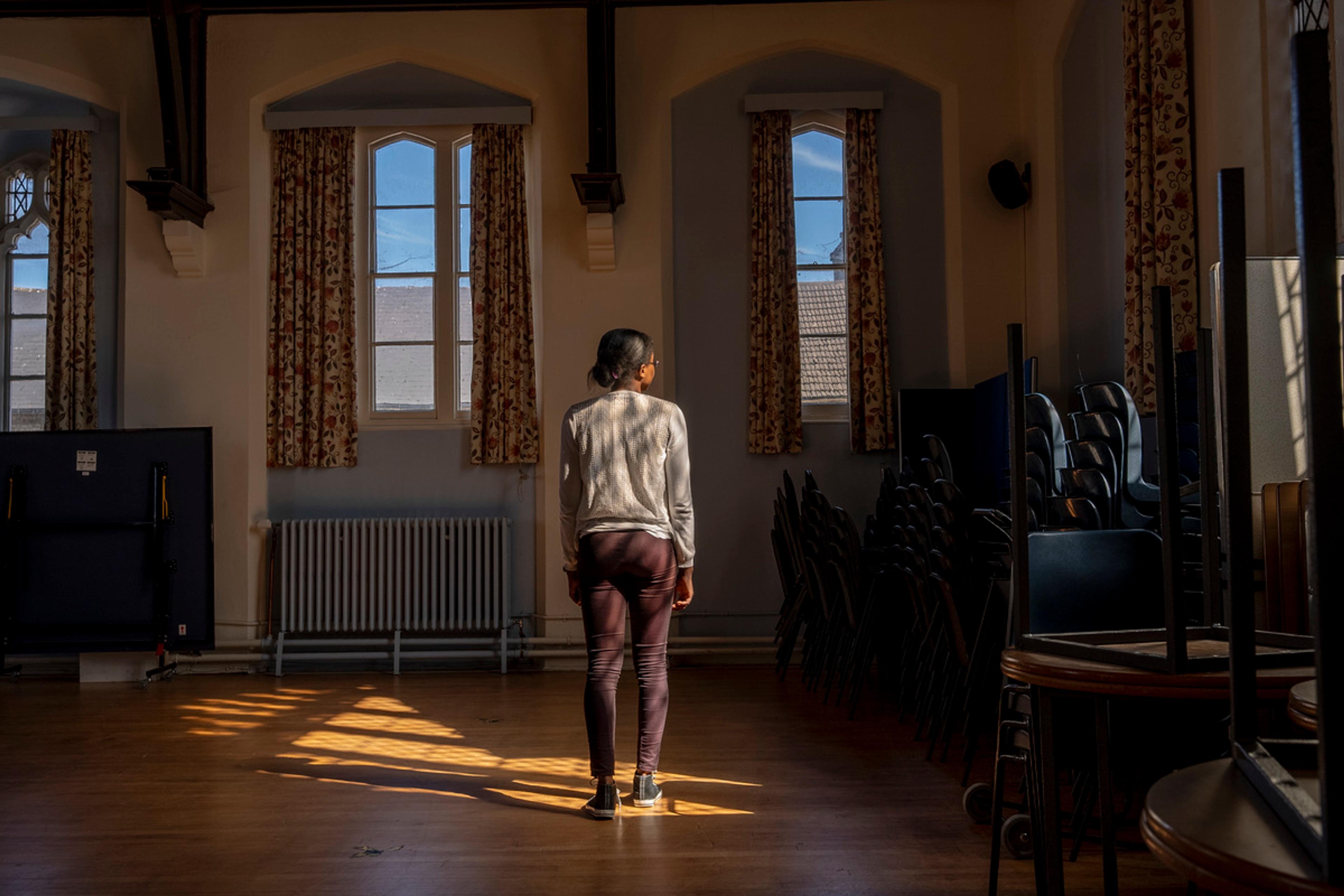
In therapy with people from immigrant families, I’ve seen the side effects of adaptation – and what it takes to break free
by Dennis Portnoy

The muscle metaphor based on ego-depletion theory hasn’t survived scrutiny. But there’s an alternative that holds promise
by Alberto De Luca

Reckoning with the complex history of dignity reveals its fragility and what Hannah Arendt recognised as its conditionality
by Christa Teston
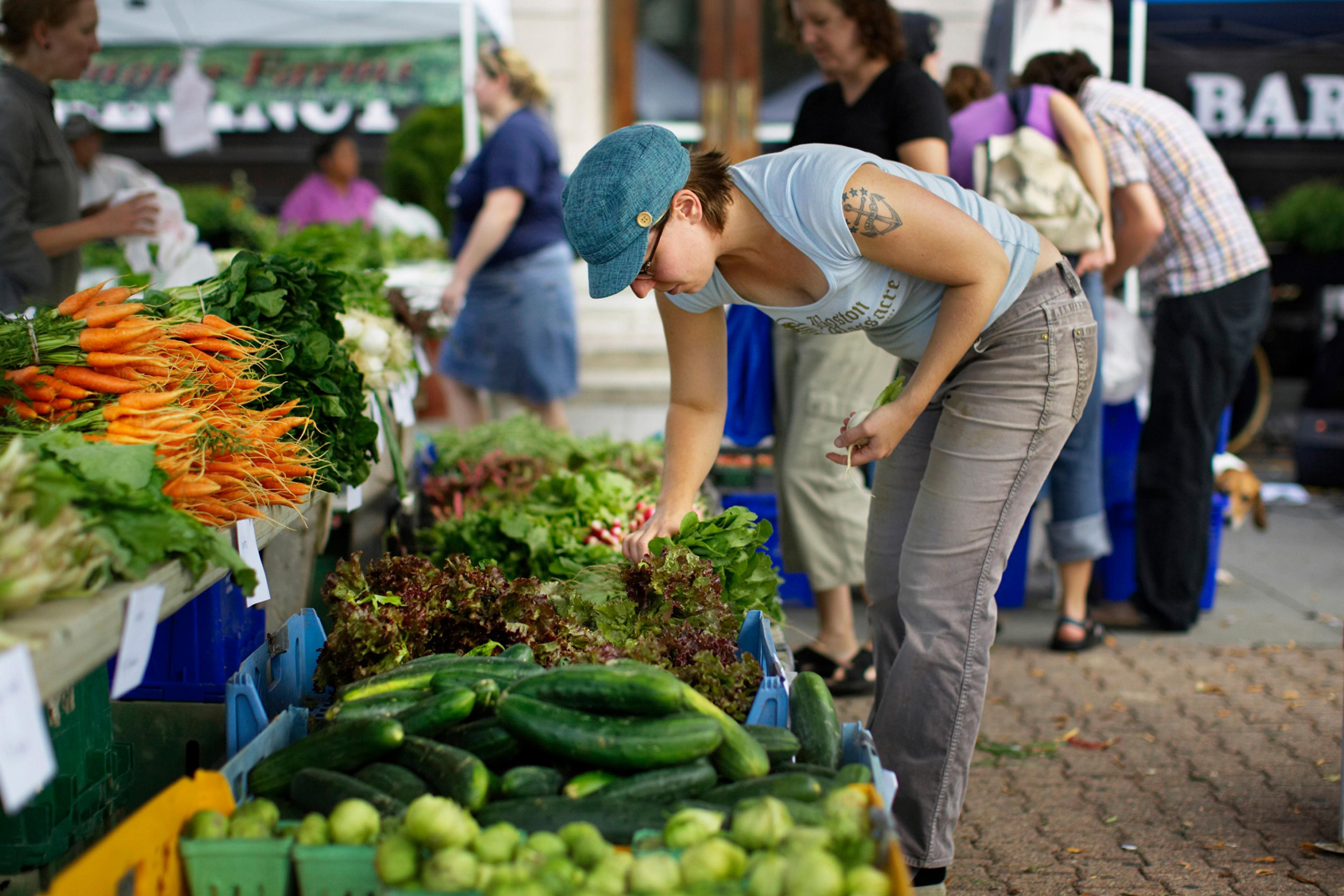
Understanding the intuitive power of the word ‘natural’ could help inform choices about what to eat or what to do when ill
by Brian Meier

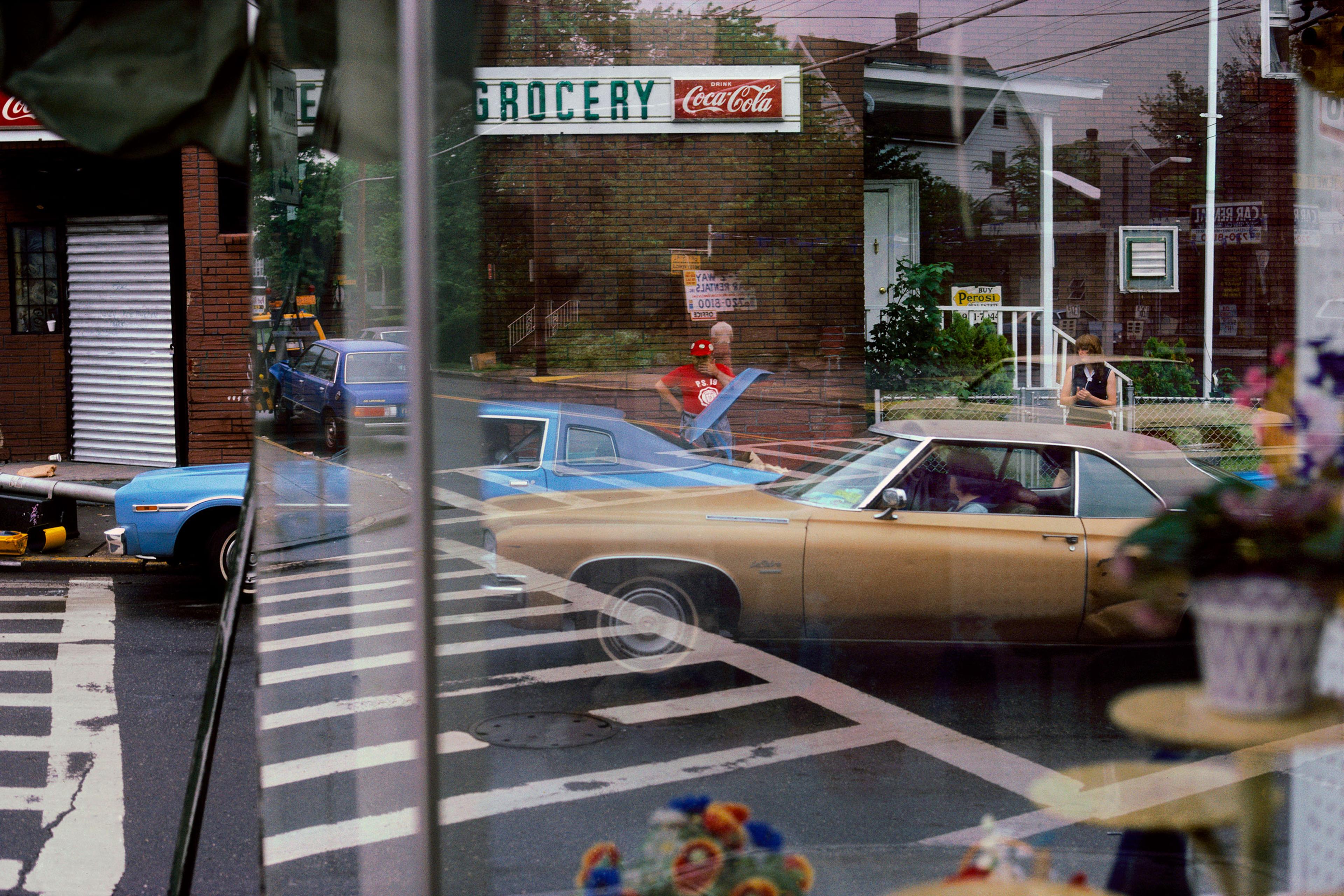
We aren’t safe inside separate minds. Being-in-the-world means we’re entangled and vulnerable – and that’s how we flourish
by Katherine Withy

Scientists are uncovering the nature of an elusive mental experience that challenges what it means to be conscious
by Thomas Andrillon

For many who are chronically connected, a break from tech sounds appealing. Research is uncovering when and how it helps
by Kostadin Kushlev

In my therapy office, I’ve found that to live with greater purpose, we must think differently about where it comes from
by Ross White

Historically, trust in institutions freed us to do extraordinary things. They can be flawed, but we lose them at our peril
by Ros Taylor

At a time of rising intolerance, the century-old work of C E M Joad reminds us what tolerance really is and why we need it
by Kiran Kumbhar

Many of us crave trivial details while ignoring much of the world around us. Research helps explain this selective curiosity
by Tommy Blanchard

Contrary to classic habit science, certain behaviours never become easy. Recognising this can help you stick with them
by Blair Saunders & Kimberly R More